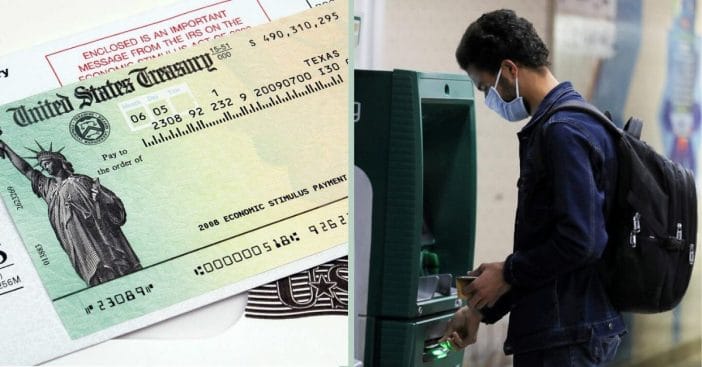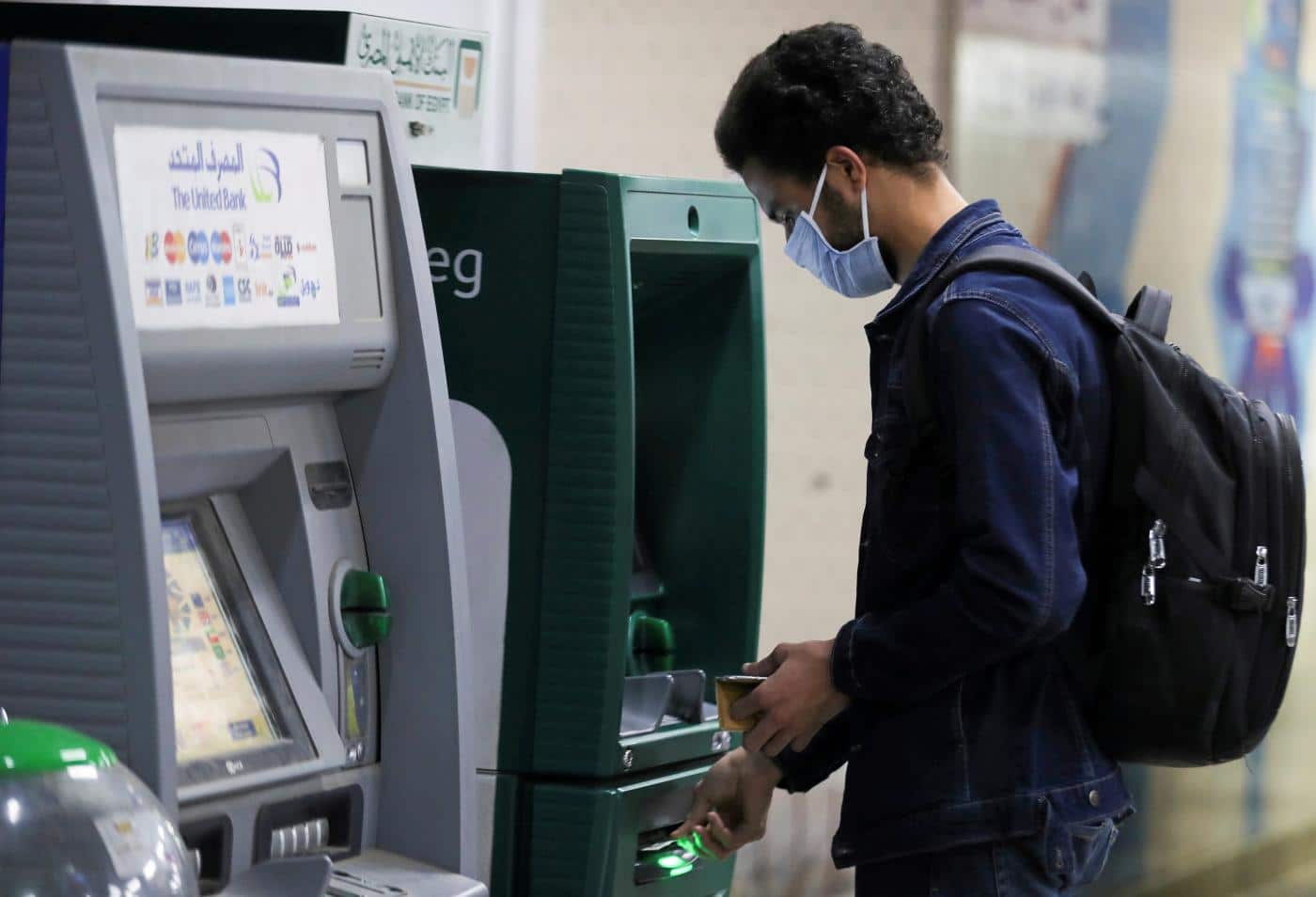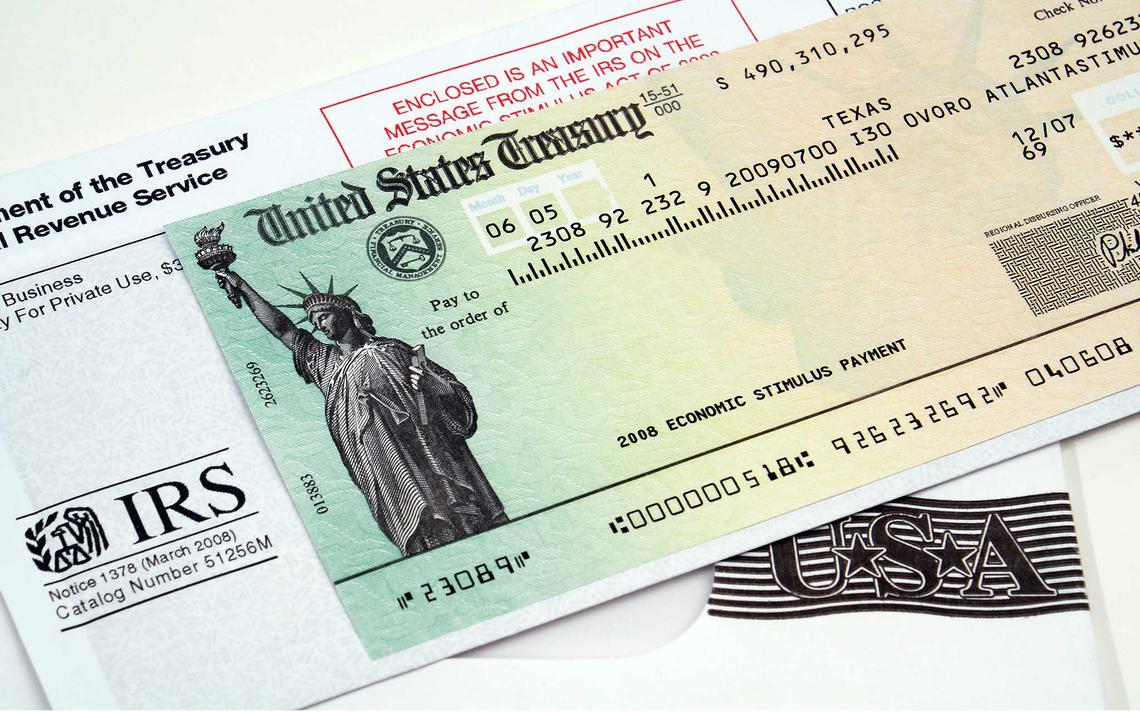
With the coronavirus continuing on, it’s been affecting virtually every business and company out there, including banks. Chances are, your bank has already let you know that you can defer payments on your credit cards, for example. However, some local branches have closed down or have reduced hours, making it an inconvenience for some.
Many may be wondering, “what is my bank doing to help me?” Well, besides offering deferred payments, many of the bigger ones are waiving fees such as monthly service charges or ATM charges. Some banks are even offering hardship assistance to borrowers affected not only for credit cards, but on mortgages and other loans, too.
How to access banking when your local branch is closed

If you’ve always gone to your local branch and now cannot due to a closure, fear not. Most essential things can be totally done through online banking. If you’re not set up online yet, enroll in your bank’s or credit union’s digital service. After you’re set-up, you can use your mobile phone or computer to access the dashboard. While there you can access a multitude of different options.
RELATED: If You Live In One Of These States, You’re Required To Wear A Mask In Public
- check balances and monitor activity
- review monthly statements
- transfer money between accounts
- pay bills such as credits cards, utilities, and insurance premiums
- deposit checks (you’ll need the app and a tablet or smartphone camera)
The security of doing it all online

For those who are worried about the safety of doing it online, it’s nothing to be scared of. These companies use encryption and other technology to protect customers’ personal and financial information. The one thing you should be aware of are scammers trying to pry this information out of you via email, phone call, or text message. They could pose as your bank asking for private information such as your Social Security number. Your bank will never contact you asking for personal information, so keep that in mind!
It’s also important to note that if you owe any money to your bank, it’s possible that they may keep your stimulus check. However, not all banks are like this. Banks such as Bank of America, Chase, Citi, and Wells Fargo have said they will not take stimulus money to make up negative balances.
Knowing the rules of your stimulus checks and private debt under the CARES Act

Referencing the CARES Act, it has different rules for different types of debt. This means that your stimulus check can’t be garnished for the money you owe government agencies (unpaid taxes, student loans, etc.) This obviously means that if they so choose, banks can use your check to offset the money you owe them. According to AARP, the Treasury Department could offer extended protection of stimulus money to private debt, but it has not done so.
